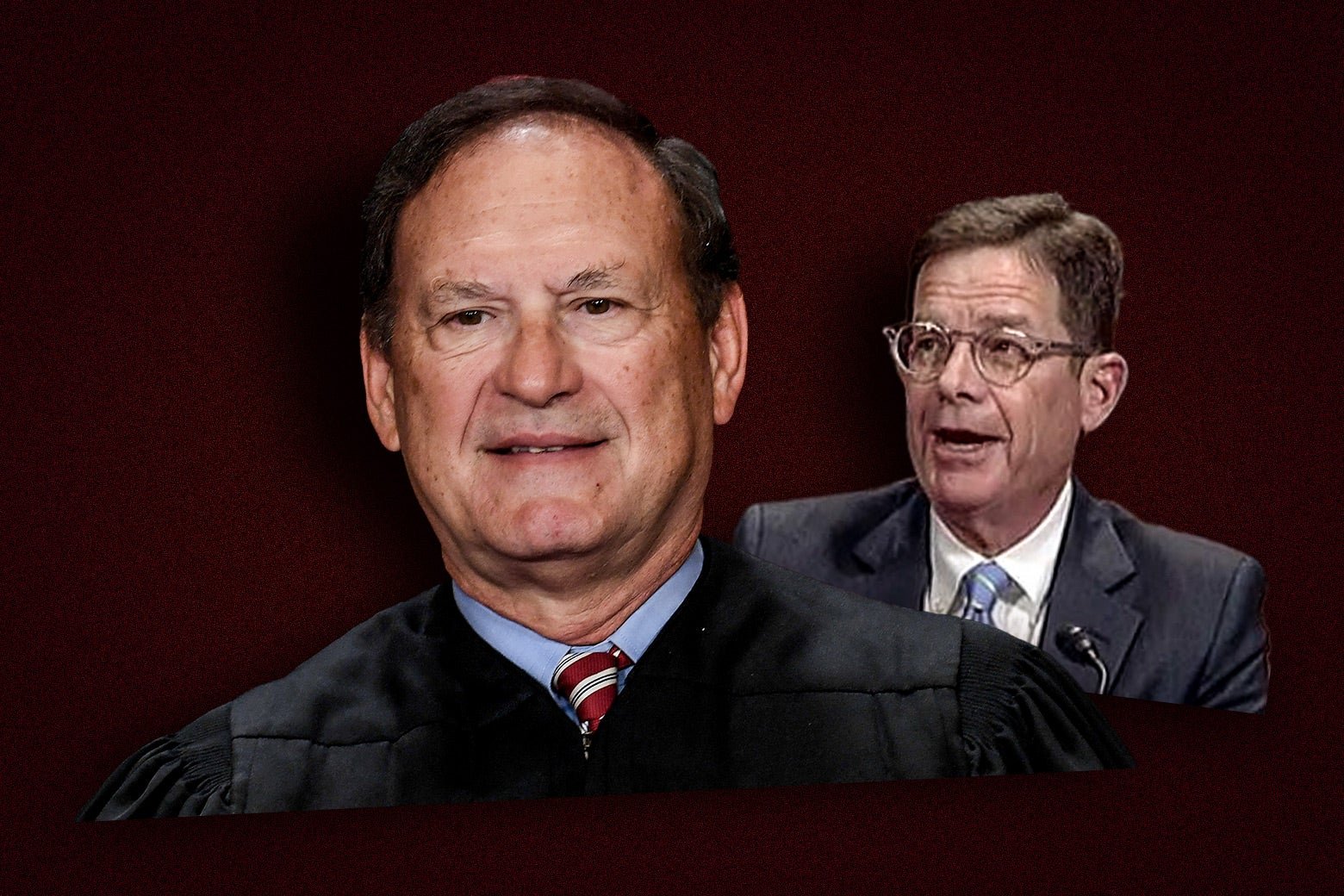When the Supreme Court overturned Roe v. Wade, it claimed to be removing the judiciary from the abortion debate. In reality, it simply gave the courts a macabre new task: deciding how far states can push a patient toward death before allowing her to undergo an emergency abortion.
On Tuesday, the U.S. Court of Appeals for the 5th Circuit offered its own answer, declaring that Texas may prohibit hospitals from providing “stabilizing treatment” to pregnant patients by performing an abortion—withholding the procedure until their condition deteriorates to the point of grievous injury or near-certain death.
The ruling proves what we already know: Roe’s demise has transformed the judiciary into a kind of death panel that holds the power to elevate the potential life of a fetus over the actual life of a patient.



If you insist on that, secular society is also a religion. As is regional atheism.
People don’t hate abortion because they’re afraid of God. They hate abortion because their parents and teachers taught them to. Yes, some religions help propogate societal behaviors, but they are not solely, or even primarily responsible for them.
Honestly, just look at the way Catholic Priests in conservative areas have been largely rejecting Rome on anything that isn’t radically conservative despite claiming to inheret their morals from Rome. Or more starkly, just look at the undying history of sedevacantism.